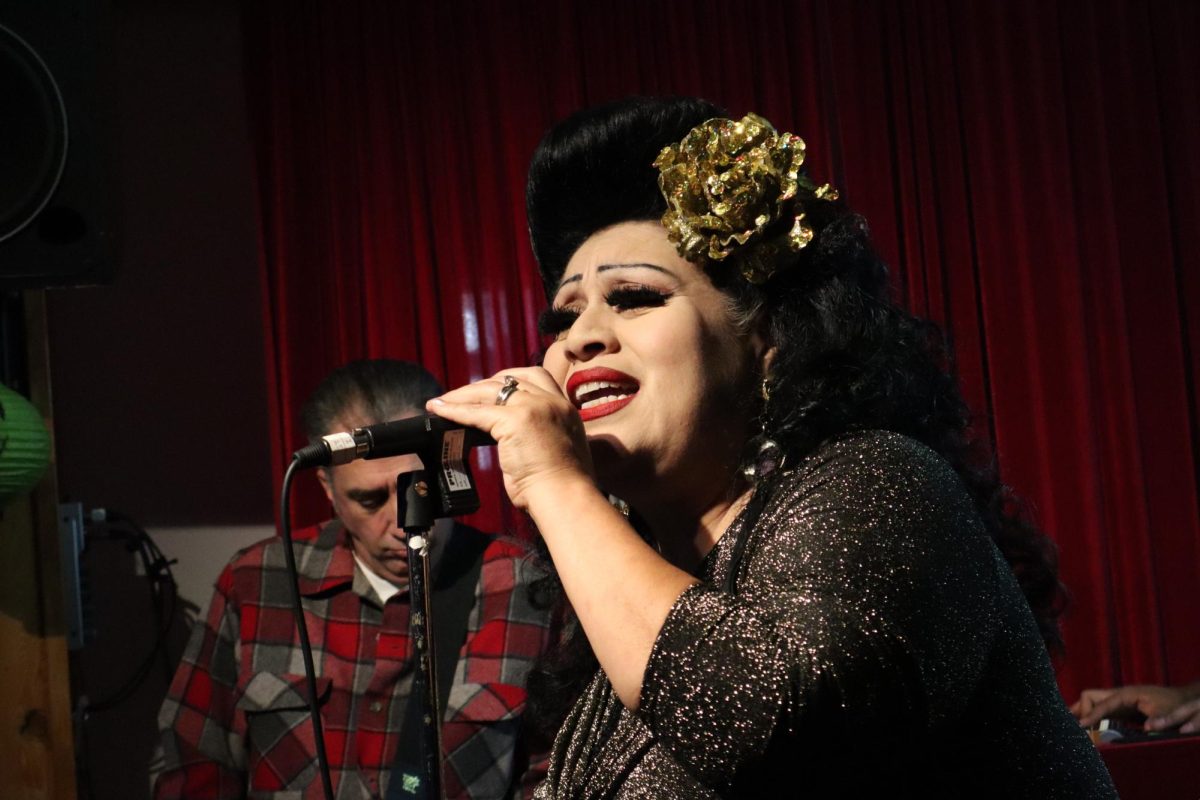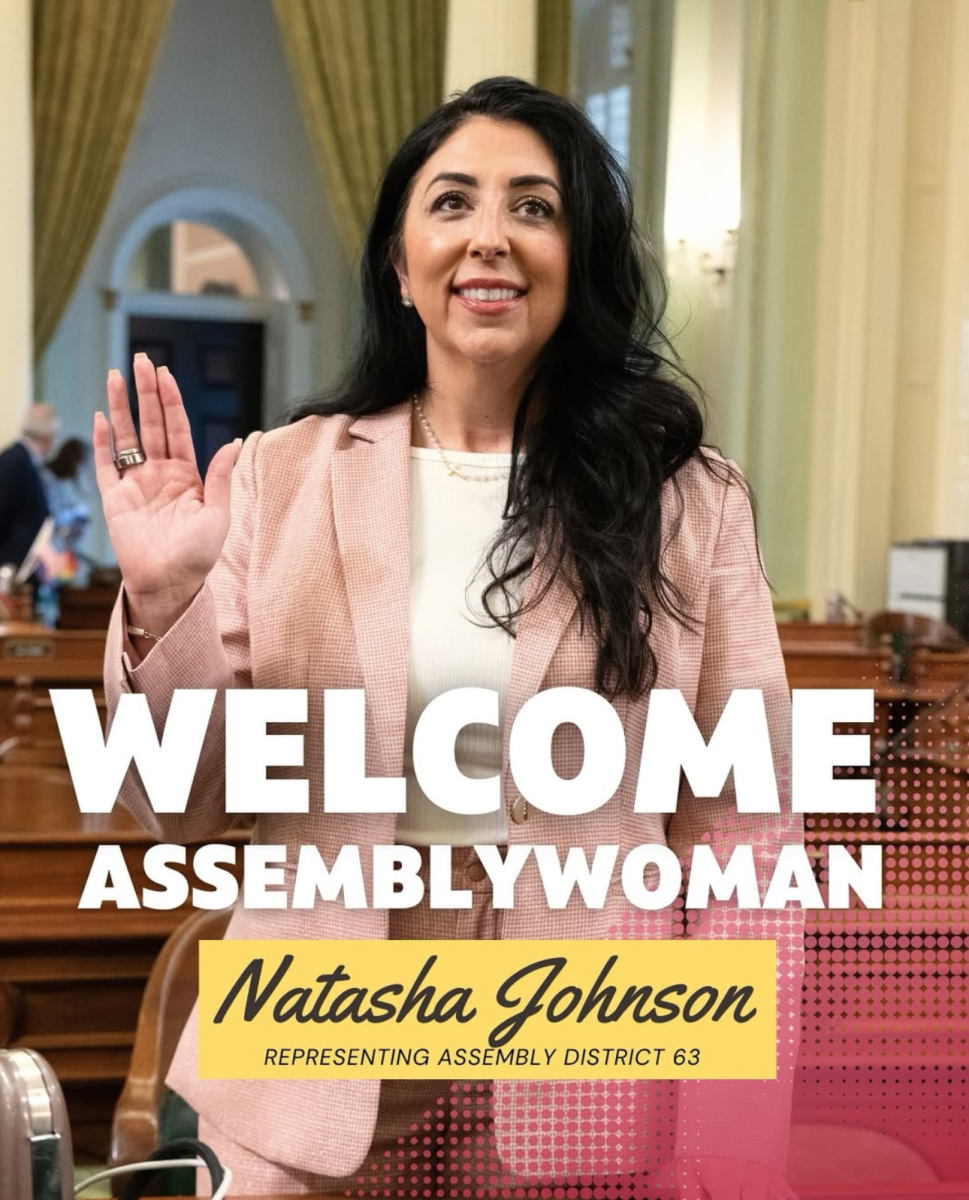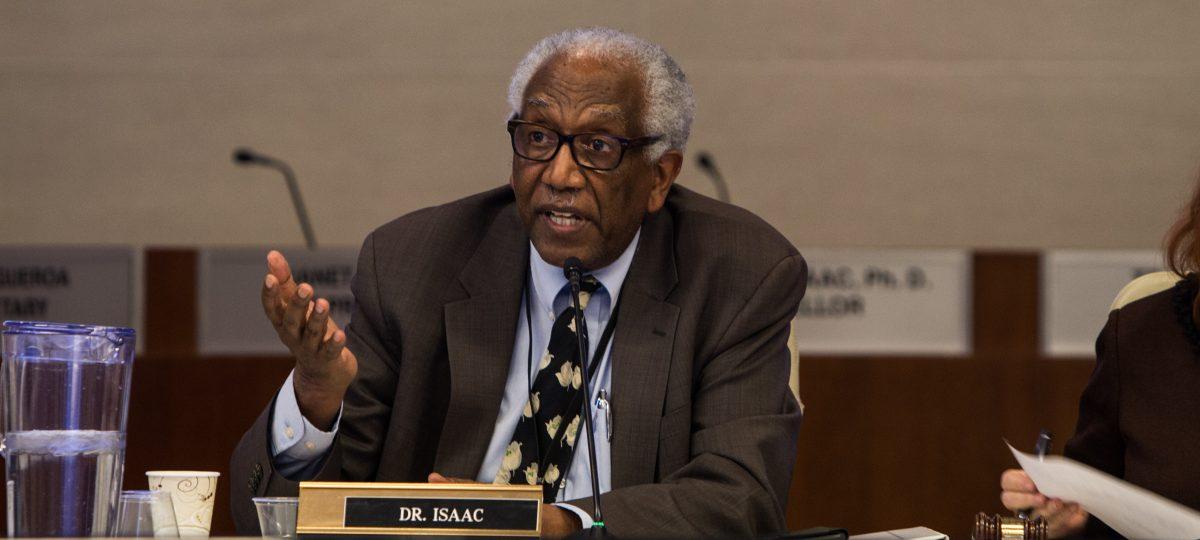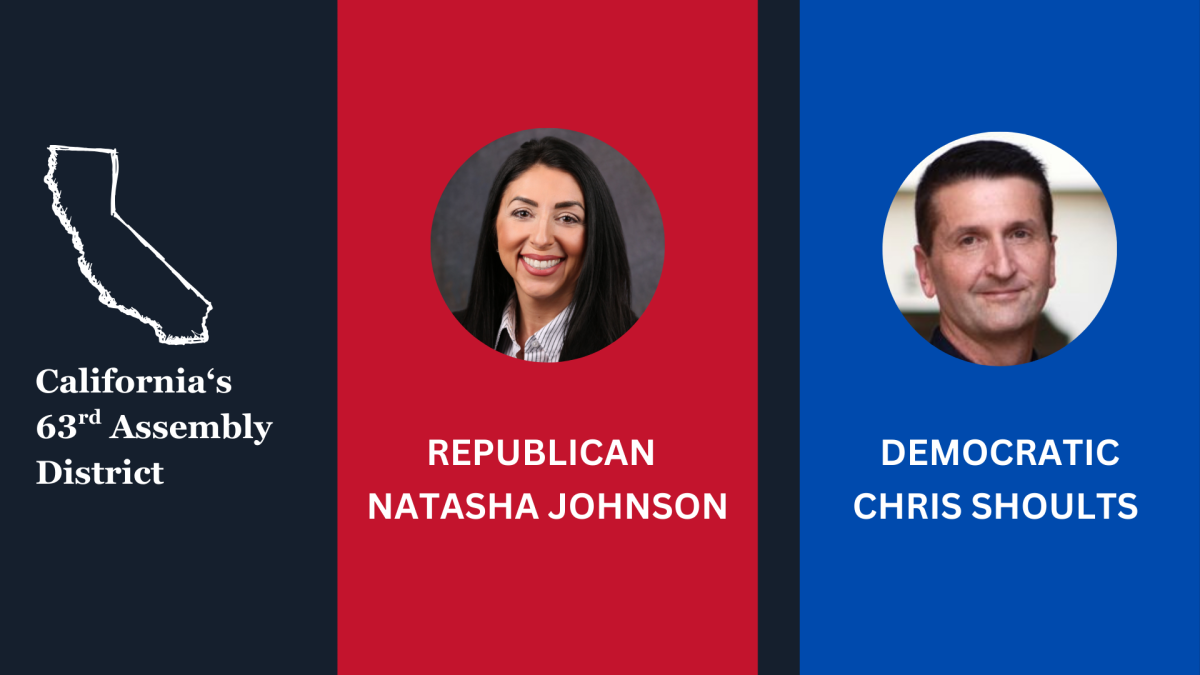
Charles Wagner | Diversity Editor
May 29, 2014
Danny Glover sat down to reflect on a career spanning four decades to the delight of students and fans in an audience at UC Riverside.
The UCR Media Cultural Studies Film Festival invited the public to meet legendary actor, filmmaker and humanitarian May 18
at the Riverside Convention Center.
Having starred in more than 150 films, as well as producing 30 and directing four, Glover is perhaps best known for his seminal roles in “The Color Purple” and the blockbuster “Lethal
Weapon” franchise.
Joining Glover in conversation were famed author, filmmaker and documentarian, Crystal Griffith, and ASU Professor and sociologist H.L.T Quan.
Griffith is an Arizona State University Professor who has worked with many diverse and talented artists such as Tracy Chapman, Public Enemy and The Rolling Stones, besides working on films like “Juice” and “Poetic Justice” to name a few.
Quan and Griffith engaged in a lively conversation that delved deeply into Danny Glover’s background. The mood drifted smoothly from intense reflection, to lighthearted banter that had the crowd laughing in their seats.
Glover came across like your grandpa telling stories about the good times of yesteryear. A possible difference being that Glover is far from done in his work as both an actor and
an activist.
The audience sat near motionless as Glover recalled story after story that detailed his rocky road to stardom.
Glover grew up on a farm under the tutelage of his mother from the Deep South and his father from the Midwest, a former soldier. Both his parents were active in the social causes of their day, fighting for equal rights as members of the NAACP.
Growing up watching and learning from the activism of his parents instilled a social empathy that Glover would display proudly for the rest of his life.
“The Political socialization that (Glover) received early on translated clearly to some of the decisions made throughout (Glover’s) career,” Quan said.
As one of his first acts of social activism as a teen at San Francisco State University, Glover participated in what would be called the “The Third World Liberation Strike” which resulted in the creation of the first Black studies department which was also the first ethnic studies course in U.S. History.
This event as a youth led Glover to continue his activism before and after fame, championing such causes as economic inequality, racism, and inadequate schools.
Griffith asked Glover about his thoughts on the power of film.
“Television can serve many purposes,” Glover said. “I for one saw the Montgomery Bus Boycott and the people involved and thought, wow! I want to be like that!”
Glover summed up his humanitarian efforts and turned questions to the audience.
“What does it mean to be human?” Glover asked.
The audience inferred that helping your fellow man is a very natural thing to do.
After decades in the limelight Danny Glover continues to raise his voice against injustice and to strive to be a role model that deserves to
be emulated.
A previous version of this story said that Danny Glover spoke at UC Riverside in the headline, when in fact Glover spoke at the Riverside Convention Center. The festival was hosted by UCR.






